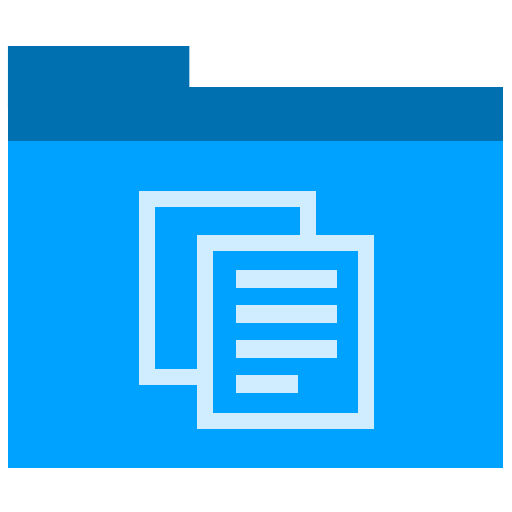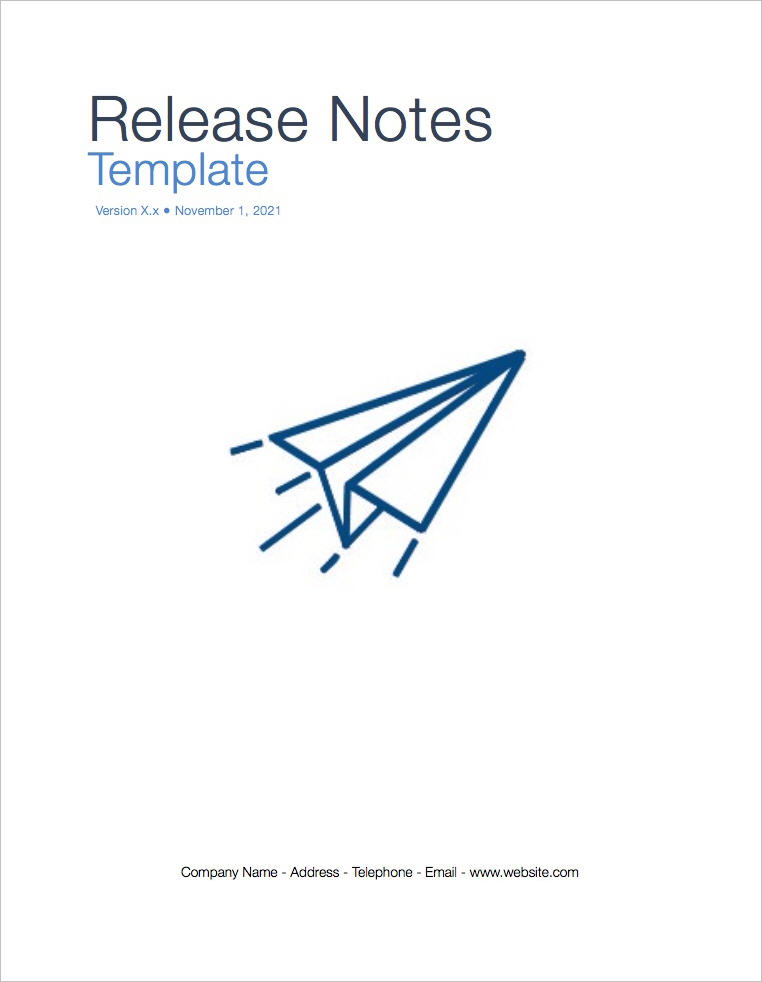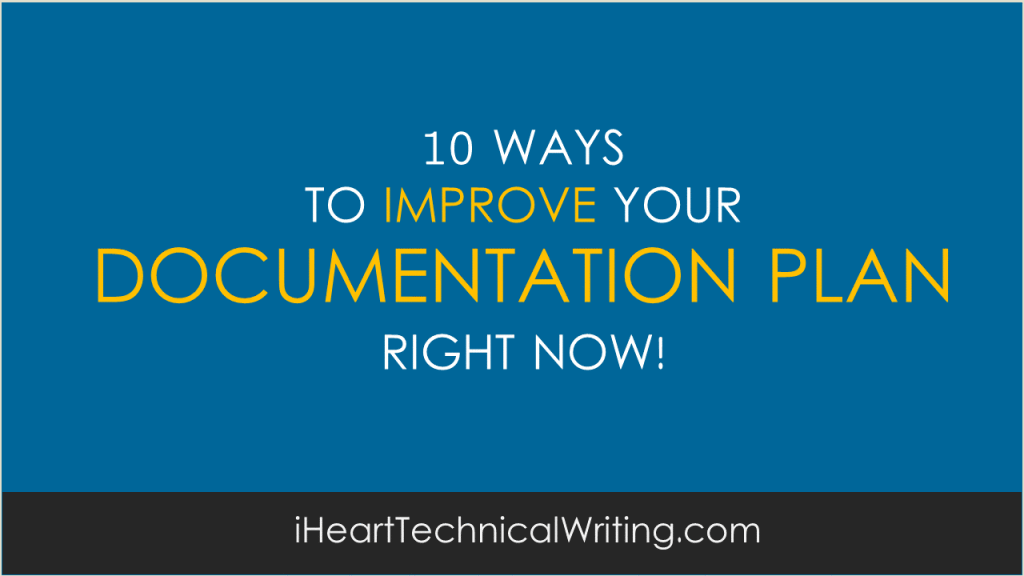Category Archives: Technical Writing
Right now, the average aalary of Technical Writing Job in the USD (May 13, 2015) is… low end 45k middle earners 90k high end 135k Here’s a fuller breakdown: Engineering Technical Writer $54,000 IT Report Writer $69,000 IT Technical Writer $74,000 Senior Proposal Writer $80,000 Technical Proposal Writer $69,000 Technical Writer $123,000 Technical […]
If you have good writing skills, enjoy technology, and like to help others understand how things work, then a career as a technical writer might suit you. 1.0 Technical writer work/life balance Technical writing has been very good to me. It’s allowed me to work in China, London, San Francisco, and Amsterdam. Most of the […]
In C#, statements express the actions that a program takes. Common actions include Declaring variables Assigning values Calling methods Looping through collections Branching to another block of code The order in which statements are executed in a program is called the flow of control or flow of execution. This may vary every time that a […]
The “Hello, World” program is traditionally used to introduce a programming language. Here it is in C#: using System; class Hello { static void Main() { Console.WriteLine(“Hello, World”); } } What’s the file extension? C# source files typically have the file extension .cs. How to compile? You can compile the program with the Microsoft C# […]
So, you want to write release notes but don’t know where to start? Well pull you a chair and let me give you the lowdown. Download – Release Notes template with sample text. Introduce the release notes with text such as the following: These release notes provide information about the documentation for <your product> <version […]
As the name implies, a derived class originates from another class, which in C# is called a base class. A derived class is a specialization of the base class. A derived class is created from an existing base class. It inherits the member variables and methods of the base class from which it is derived. […]
Technical writing is about getting the small details right. The difference between the almost right word and the right word is the “difference between the lightning-bug and the lightning.” Mark Twain So, when writing a user guide, should you say, Run or Execute? From one angle, it doesn’t seem to matter. Everyone knows what you […]




